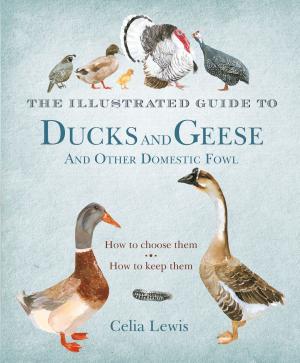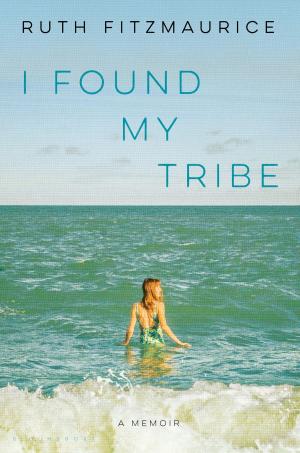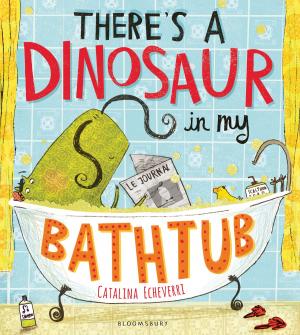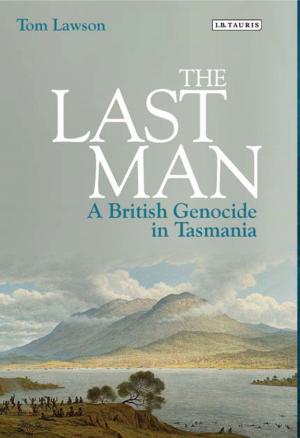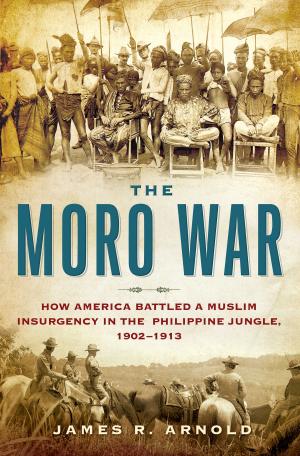| Author: | Bel Mooney | ISBN: | 9781448211265 |
| Publisher: | Bloomsbury Publishing | Publication: | June 6, 2013 |
| Imprint: | Bloomsbury Reader | Language: | English |
| Author: | Bel Mooney |
| ISBN: | 9781448211265 |
| Publisher: | Bloomsbury Publishing |
| Publication: | June 6, 2013 |
| Imprint: | Bloomsbury Reader |
| Language: | English |
Bel Mooney has taken twelve children from different parts of the British Isles and observed them over a year as they play, learn and grow. She saw Denise being born, watched Gemma, the daughter of a company executive, at her nursery school and heard the fears of the parents of Donald, a West Indian child from Birmingham. She saw David in preparatory school and Melanie in her comprehensive; talked to a fourteen-year-old Asian boy about his experience of race, and to a ten-year-old Welsh boy about family violence.
The twelve chapters in The Year of the Child mirror the stages in a child's development from total dependence to independence and self-awareness and the beginnings of a critical attitude to the world around – a world in which he or she, whatever the social background, has had very little personal choice. The Year of the Child makes a valuable contribution to social history, describing six boys and six girls from different parts of the British Isles and from three broad social groups; it goes beyond journalism and social comment to become a re-enactment of what the author calls 'that cyclical loss of innocence which is at the root of human experience'.
Bel Mooney has taken twelve children from different parts of the British Isles and observed them over a year as they play, learn and grow. She saw Denise being born, watched Gemma, the daughter of a company executive, at her nursery school and heard the fears of the parents of Donald, a West Indian child from Birmingham. She saw David in preparatory school and Melanie in her comprehensive; talked to a fourteen-year-old Asian boy about his experience of race, and to a ten-year-old Welsh boy about family violence.
The twelve chapters in The Year of the Child mirror the stages in a child's development from total dependence to independence and self-awareness and the beginnings of a critical attitude to the world around – a world in which he or she, whatever the social background, has had very little personal choice. The Year of the Child makes a valuable contribution to social history, describing six boys and six girls from different parts of the British Isles and from three broad social groups; it goes beyond journalism and social comment to become a re-enactment of what the author calls 'that cyclical loss of innocence which is at the root of human experience'.






